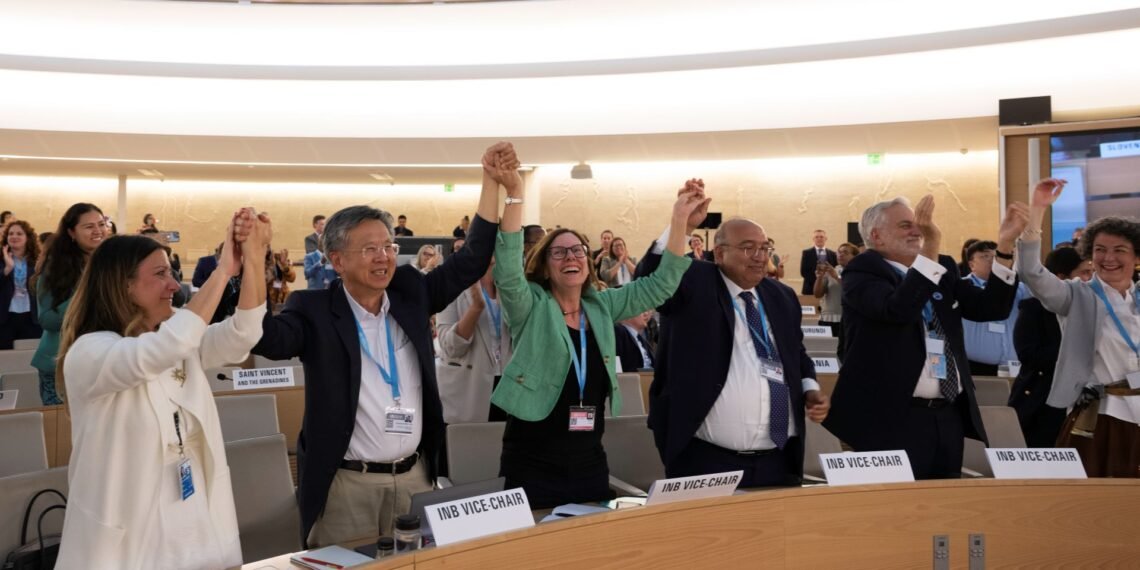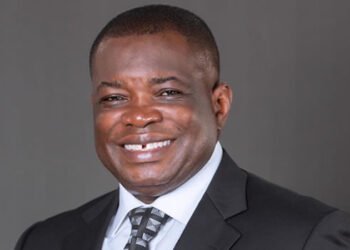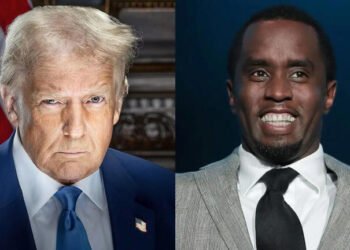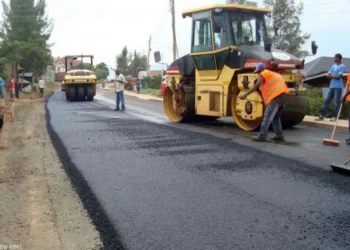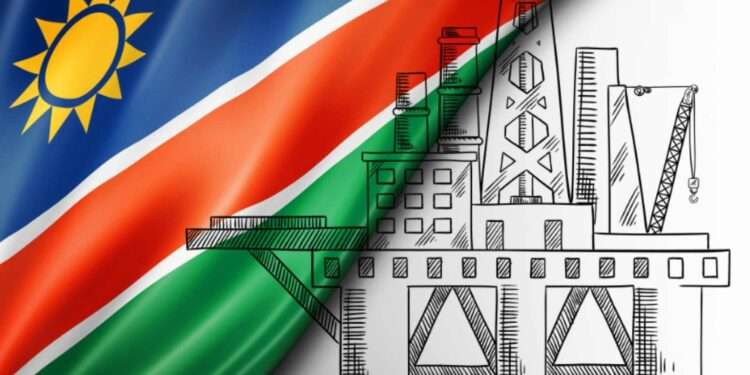In a pivotal move aimed at safeguarding global health, the World Health Organization (WHO) has approved a Pandemic Agreement designed to strengthen international coordination, monitoring systems, and equitable vaccine distribution in the face of future pandemics.
The decision, reached on the second day of the 78th World Health Assembly in Geneva, marks a major milestone following over three years of intense negotiations triggered by the global impact of COVID-19.
The newly adopted agreement responds to the staggering toll left by the coronavirus pandemic and aims to prevent similar future crises by ensuring more effective collective responses. The WHO described the agreement as a historic victory, crafted in recognition of the world’s need for fairer, faster access to life-saving health resources during pandemics.
“The world is safer today thanks to the leadership, collaboration, and commitment of our Member States to adopt the historic WHO Pandemic Agreement,” stated Dr. Tedros Adhanom Ghebreyesus, Director-General of the WHO.
“The Agreement is a victory for public health, science, and multilateral action. It will ensure we, collectively, can better protect the world from future pandemic threats. It is also a recognition by the international community that our citizens, societies, and economies must not be left vulnerable to again suffer losses like those endured during COVID-19.”
Dr. Tedros Adhanom Ghebreyesus, Director-General of the WHO
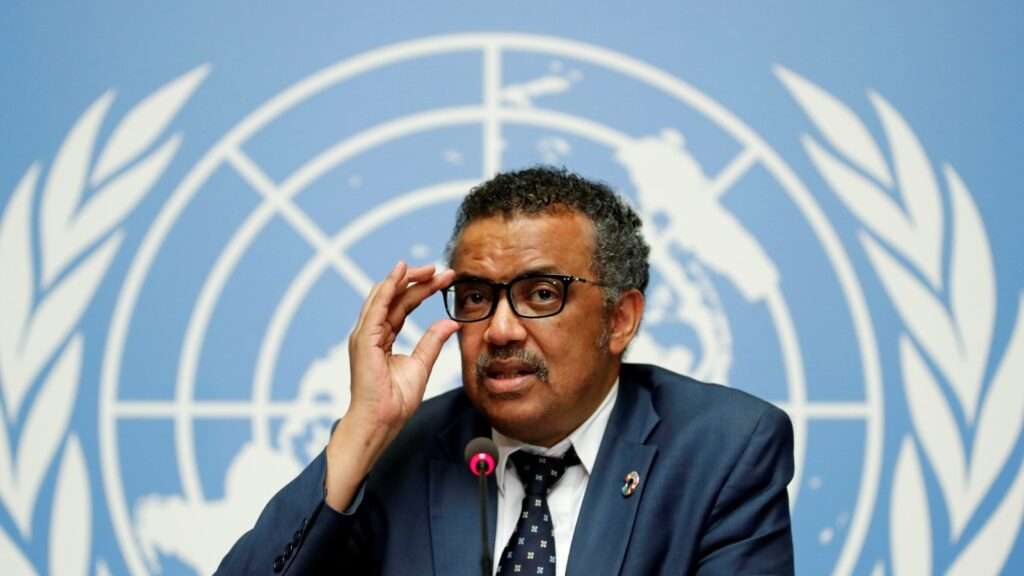
Among the core provisions of the agreement is a commitment that countries sharing viral samples will, in return, receive any diagnostics, treatments, or vaccines developed as a result. Additionally, up to 20% of these pandemic-related products will be made available to the WHO for distribution, particularly to low-income nations that may otherwise struggle to access them.
WHO Financial Stability Also On The Agenda
The agreement comes at a challenging time for WHO, as the agency grapples with funding shortfalls following cuts from the United States and other Western contributors shifting their budgets toward defense over humanitarian efforts.
“Our current situation is difficult. It should not be a surprise to any of us,” Ghebreyesus acknowledged at the opening of the nine-day assembly.
In response to financial instability, member countries are expected to approve a 20% increase in annual dues, referred to as “assessed contributions,” to provide more predictable and sustainable funding for the organization. This move is intended to reduce reliance on voluntary, and often inconsistent, government donations, which currently make up more than half of WHO’s budget.

The Assembly also adopted a resolution that sets the groundwork for the implementation of the Pandemic Agreement. This includes initiating the process of drafting and negotiating a Pathogen Access and Benefit Sharing (PABS) system, under the oversight of an Intergovernmental Working Group (IGWG). The outcome of these negotiations will be presented for review at next year’s World Health Assembly.
Once the PABS annex is adopted, the full Pandemic Agreement will open for signature and ratification by member states. Sixty ratifications will be needed for the treaty to officially enter into force.
The agreement further outlines the development of a Coordinating Financial Mechanism to fund pandemic prevention and response, as well as the creation of a Global Supply Chain and Logistics Network (GSCL).
The GSCL aims to “enhance, facilitate, and work to remove barriers and ensure equitable, timely, rapid, safe, and affordable access to pandemic-related health products for countries in need during public health emergencies of international concern, including pandemic emergencies.”
Pharmaceutical manufacturers involved in the PABS system are expected to provide the WHO with rapid access to 20% of their real-time production of vaccines, therapeutics, and diagnostics during emergencies. These products will then be allocated based on public health risks and prioritization of developing countries.
The Pandemic Agreement is only the second legal instrument negotiated under Article 19 of the WHO Constitution. The first was the WHO Framework Convention on Tobacco Control, adopted in 2003 and enacted in 2005.
READ ALSO: Michael Claims Artist Management Goes Beyond Money

